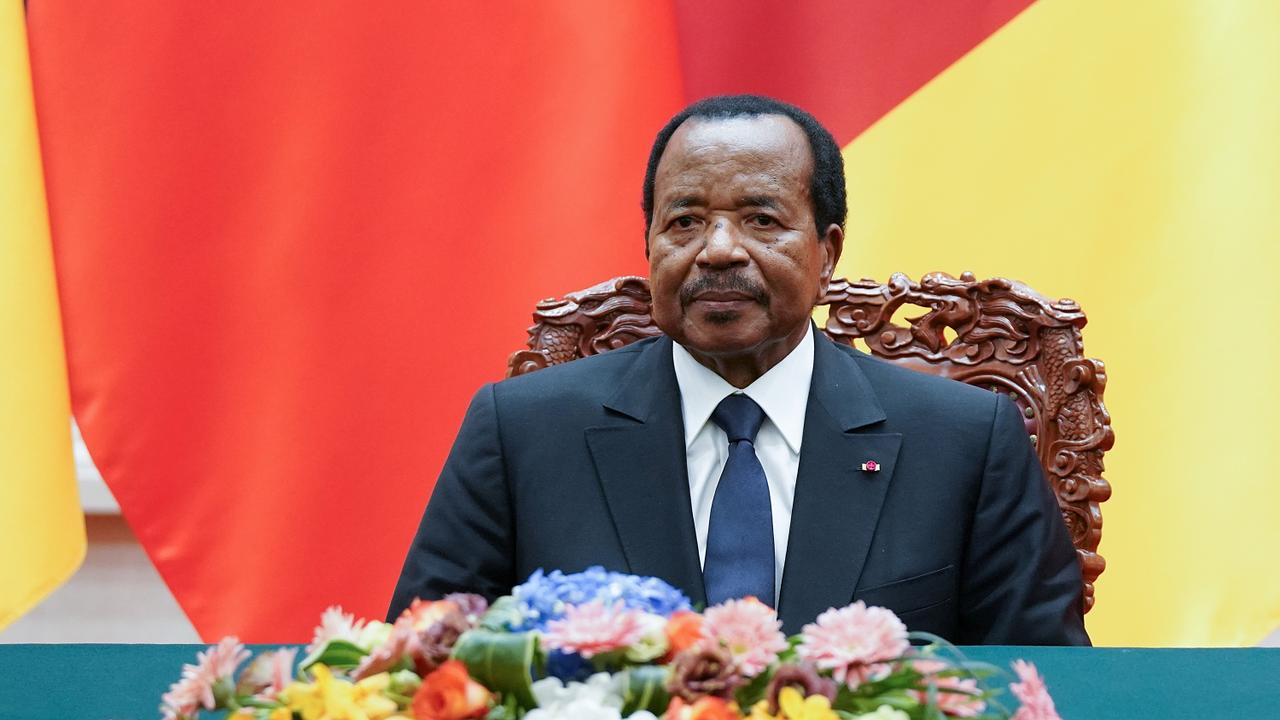President Paul Biya’s Bid for an Eighth Term Sparks Debate
At the age of 92, Cameroon’s long-serving President Paul Biya has announced his intention to run for an eighth term in the upcoming October 12 election. This move would extend his rule, which has lasted for 43 years since he first came to power in 1982. In a statement shared on X, Biya claimed that there were “insistent calls” from citizens urging him to seek re-election. He has never faced a significant challenge in any of the elections held during his tenure.
In 2008, Biya successfully removed term limits, allowing him to remain in office indefinitely. His continued leadership has been met with increasing criticism, particularly regarding allegations of corruption, embezzlement, and poor governance. If re-elected, Biya would serve until nearly 100 years old, raising concerns about the future direction of the nation.
Tolong support kita ya,
Cukup klik ini aja: https://indonesiacrowd.com/support-bonus/
Economic Growth and Challenges in Cameroon
The World Bank recently released its 2025 Cameroon Economic Update titled “Cameroon’s Green Gold: Unlocking the Value of Forests and Natural Capital.” The report highlights the importance of sustainable forest and resource management as key drivers for inclusive and resilient economic growth. It also provides an in-depth analysis of recent economic trends and outlook.
In 2024, Cameroon’s GDP grew by 3.5%, an increase from 3.2% in 2023. This growth was supported by rising cocoa prices, improved cotton yields, and better power supply. Inflation saw a significant drop, falling from 7.4% to 4.5%, thanks to tighter monetary policy and price controls. However, the current account deficit narrowed to 3.4% of GDP, while the fiscal deficit widened to 1.5% due to increased expenditures and weaker revenues. Public debt rose slightly to 46.8%, primarily due to external borrowing.
Major Financial Deal in Cameroon
Société Générale has entered into an agreement to sell its 58.08% stake in Société Générale Cameroun to the Government of Cameroon. This transaction would increase the state’s ownership of the subsidiary to 83.68%. The government will take over all operations, clients, and employees of the bank. The deal is pending regulatory approval and is expected to be finalized by the end of 2025. This move is anticipated to boost Société Générale’s CET1 ratio by approximately 6 basis points.
Promoting Inclusivity Through Cultural Events
On July 3, Yaoundé’s Kyriakides Park hosted a vibrant cultural event called “Spectacle Culturel,” which celebrated diversity in the arts under the theme “For an inclusive and non-discriminatory artistic environment.” Organized by the Unity platform, a coalition of 39 civil society groups, and coordinated by CAMFAIDS, the event featured theatre, music, slam, and dance performances. The event aimed to highlight LGBTQI rights and combat stigma within the cultural sector.
Unity president Michel Engama emphasized the goal of amplifying the voices of those who are often silenced. CAMFAIDS’ Ebenezer Munkam described the event as a vital step toward creating a more inclusive and equitable artistic world in Cameroon.
Synodality as a Path to Unity and Hope
Father Humphrey Tatah Mbuy has spoken out about the need for synodality, a concept rooted in unity, listening, and inclusion, as a counter to what he describes as the “nauseating” and divisive nature of Cameroon’s electoral politics. As the country prepares for its 2025 elections and the Jubilee Year of Hope, Mbuy sees synodality as a form of spiritual renewal that prioritizes truth, honesty, and fraternity.
He highlighted the challenges faced by Christian politicians who must balance political strategy with the Church’s call for inclusive, Christ-centred leadership. Mbuy believes that synodality offers a hopeful alternative, ensuring that “no one is left behind” in building a unified people of God.







